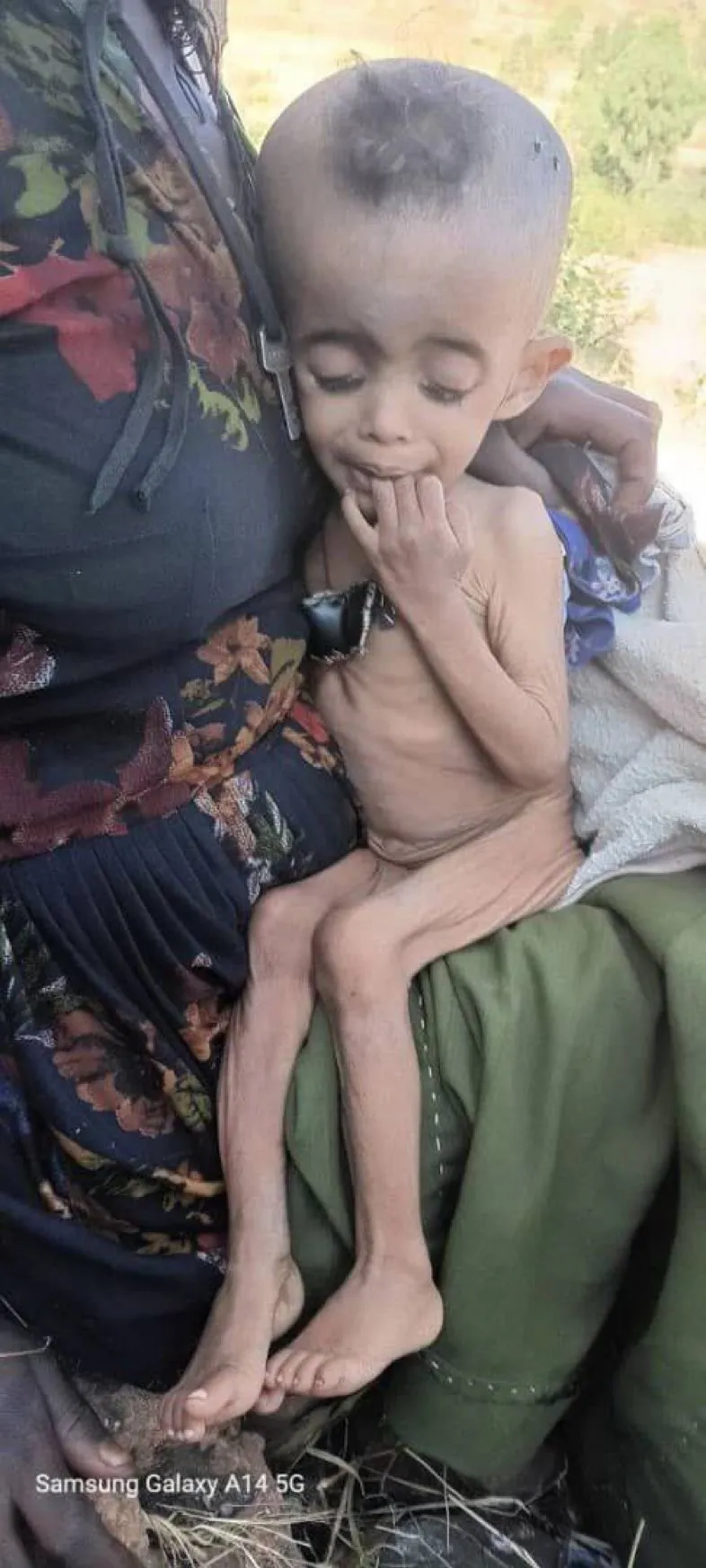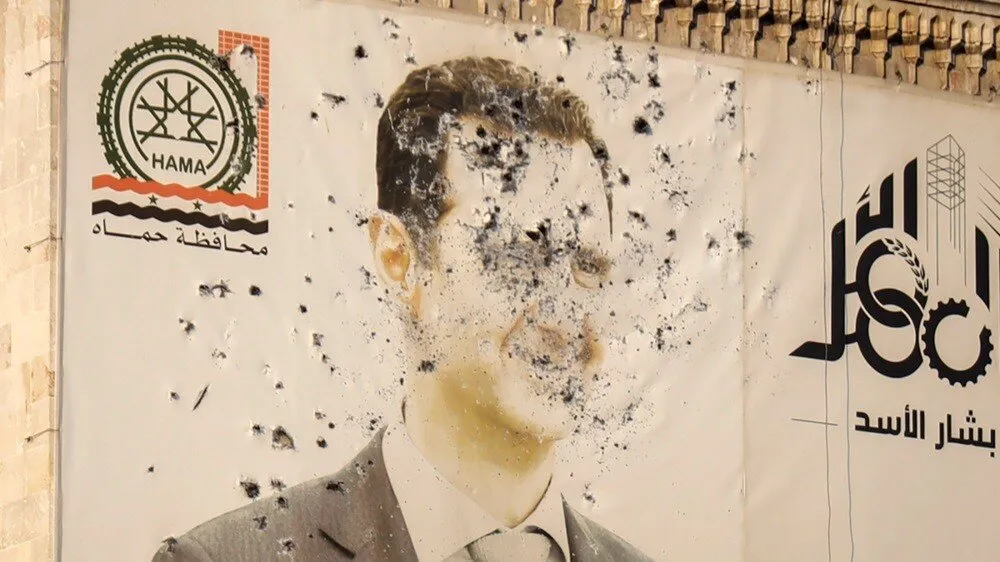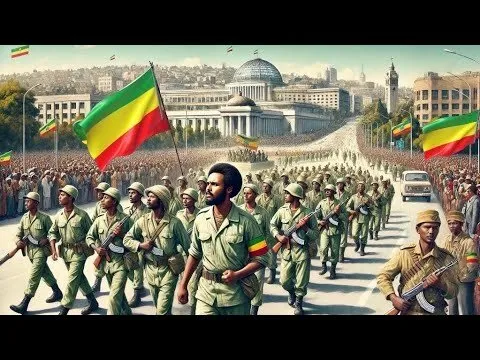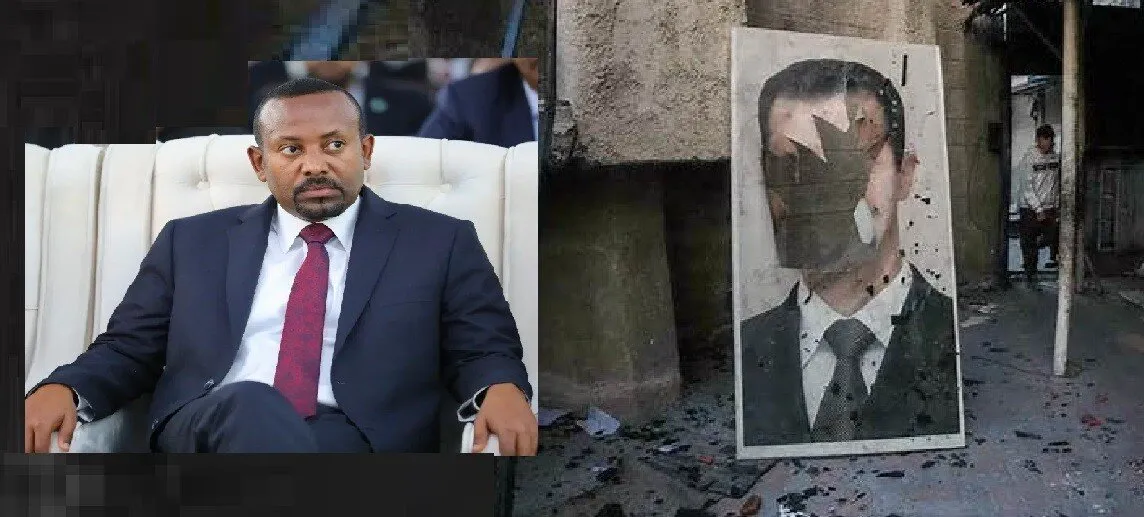The Ethiopian military has retired over three hundred senior officers including thirteen generals as part of a leadership succession plan, the Minister of National Defense said on Tuesday. This is a first major shakeup at the nation’s powerful organ first setup by rebel militants in 1991 following the overthrow of a brutal communist regime.
The Minister of National Defense Siraj Fegisa said he plans to have a total of 561 senior officers retire in three phases during the current budget year as part of a succession plan the army is currently implementing. So far 13 generals, 303 colonels and lieutenant colonels have retired, the minister said.
Ranking first in the continent in contributing soldiers for peace keeping missions, the army has created a good image in less deadly combat missions. Recently however, it seems to being strained and is on standby on Ethiopian borders to both Eritrea and Somalia.
The Eastern African block Inter Government Authority on Development (IGAD) asked Ethiopia to contribute its forces to wipe out the Somalia based Islamist militant al-Shabaab, said to be getting weaker in recent months.
“We are maintaining a buffer zone on both sides of the border but our defense forces have not yet entered Somalia,” Siraj said on Tuesday speaking before a parliamentary hearing.
The minister said the defense forces are on standby at the Ethiopian-Eritrean border to put down possible Eritrean aggression he said can be averted without a need for mobilization of forces.
The United Nations Secretary-General Ban Ki-moon in a Capital interview in November expressed concern over the Ethiopian-Eritrean border impasse as a peace deal that ended their bloody war in 2000 has not yet been followed by a border demarcation as first agreed by the two sides.
The latest move by the National Defense, to have more than 500 senior army officers leave the army through a retirement package the minister said includes housing benefits, has raised concerns that there could be a gap in leadership. Some critics argue the military is still dominated by the former comrades of the ruling Tigrean Peoples’ Liberation Front (TPLF).
“The question that there could be a leadership gap has been long addressed; we are implementing this succession plan after extensive preparation,” the Minister of National Defense Siraj Fegisa told Capital on Tuesday on his way out of parliament. “We have over 50 generals,” the minister replied when asked how many generals remain in the army after the 13 latest retirees depart.
In a 19 page report submitted to parliament, the minister explained that the national defense is reshuffling, succeeding and recruiting personnel also to reflect the makeup of the country’s nations and nationalities.
Comparing the composition of the army in 1996 and 2011, the minister reported that Tigraian members of the army have been slashed by 53 percent now to claim only 18.5 percent of the army. Those from Amhara now take the largest share of 30.3 percent, up from 25 percent in 1996. The Oromo takes 25 percent, a boost from 21.3 percent of 1996 figures.
In April 2009, the Ethiopian government arrested 40 individuals, mostly Amhara military or ex-military members said to be affiliates of the outlawed Ginbot 7 group for their involvement in a terrorist assassination plot of government leaders.
The United States Department of State says the Ethiopian national defense forces are about 200,000 personnel, which makes it one of the largest militaries in Africa.
Source : Capital















